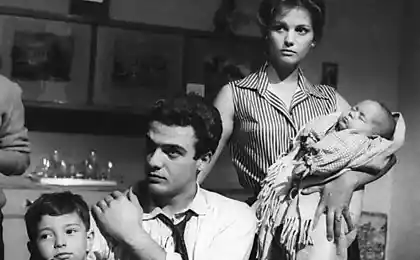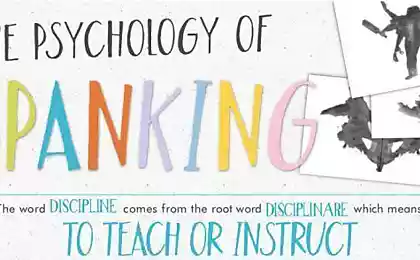204
How to raise children in the leading countries of the world
When you watch moms and dads fiddling with young children, it comes to mind that all parents in the world are very similar. However, the traditions of education in different countries are very different, despite the fact that the goal remains unchanged: Raising a self-sufficient and happy person.
And today's edition. "Site" Tell me how different it is. education peace. After all, Poland, Germany, and the United States have their own peculiarities and approaches to interaction with a child, which simply shock our parents. However, here we can find sound ideas applicable to our realities.
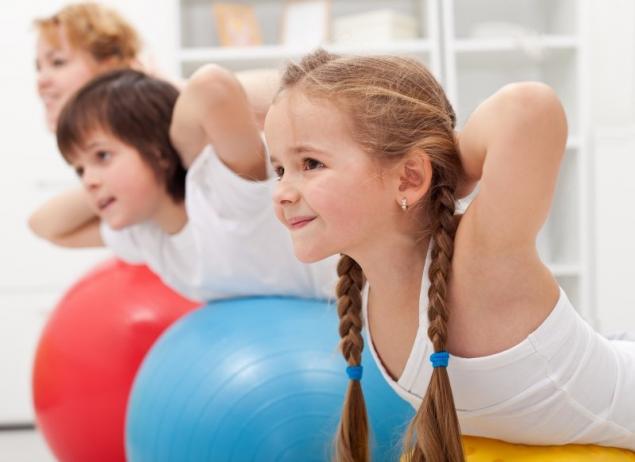
Proper education of children
Proper education of the child An important mission of all parents, each of whom goes to this in their own way. And in such a big business, you can and should apply the experience of other people, trying to take the best to pass it on to your child.
Spanish sociability, American prudence, German independence – these and other things, of course, are worth special attention. Tell us in the comments which parenting That's what you think is most appropriate.
And today's edition. "Site" Tell me how different it is. education peace. After all, Poland, Germany, and the United States have their own peculiarities and approaches to interaction with a child, which simply shock our parents. However, here we can find sound ideas applicable to our realities.

Proper education of children
- Poland
The child here is considered equal to himself, and therefore they are very respectful and reverent, instilling in him the same attitude towards others. As a result, local moms and dads manage to do without a belt, and often without screaming. In many ways, the role in this is played by the strong influence of the church: children regularly visit the church.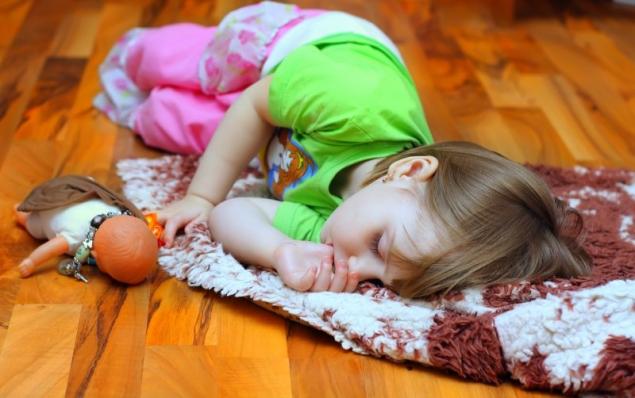
Among the interesting things, we note the low requirements for hygiene: a child can sit in a public place directly on the floor, sleep at lunch on a mat at the doorstep or eat food that fell on the floor. At the same time, children are taught independence from an early age and are not very worried, sending them from 6-7 years to carry out small errands such as going to the store or walking pets.
- Britain
British parents try to instill high self-esteem in their child, and therefore they praise him for any, even minor successes and never scold him. In schools, the same approach is preached, and students themselves choose the disciplines studied and additional classes. Children are taught responsibility from the first years. Even a three-year-old child understands that in public you can not scream and be capricious. Parents and in bad weather easily dress the child to increase his immunity. There will not stop the child if he decides to lie in a puddle, because the child’s self-expression and his life experience are more important than dirty clothes or even a cold.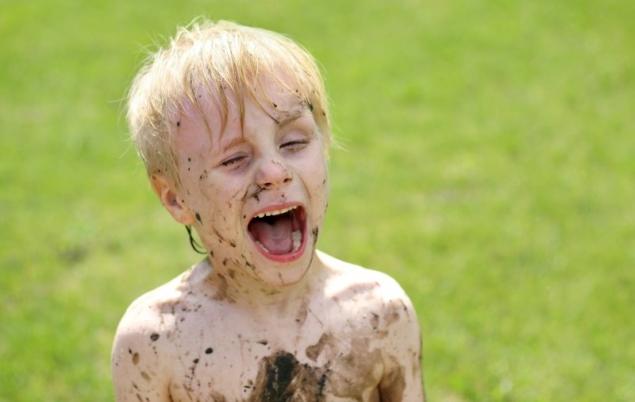
- USA
Parents teach the child responsibility, and therefore can even pay extra for housework if the work is done well. The main thing is that children grow up in harmony with themselves, and therefore it is not customary to compare a child with others. Children are sent to bed early so that adults have more free time for themselves in the evening. From the first years of life, they teach how to handle money, open savings accounts in the name of the child. It is considered a good tone for a child to have his own room, where adults enter only with his permission.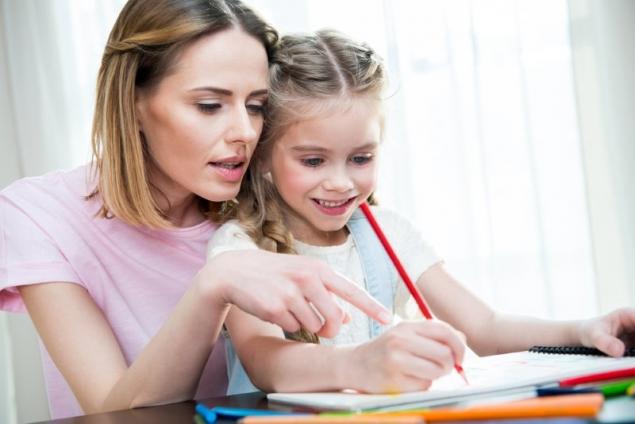
- Germany
German parents do not put the child first, because here he is just a family member. Adults do not try to adjust to the needs of the baby, and therefore from the first days they take him with them when they go on business. Parents do not abandon the usual life, because the child quickly learns to serve himself: and milk to add to the cereal, and even a sharp knife to cut vegetables.
- Spain
The most important skill here is communication, and therefore Spanish parents teach the child to find a common language with other people. And in any family gathering, even minor He is actively involved in the conversation. The usual time for family dinner is 22:00. At the same time, local laws prohibit leaving children under 12 years unattended. Therefore, the child will not walk alone: passersby will quickly call the police. Despite the innate emotionality, Spanish parents restrain themselves and do not raise their voices at all, and there is no question of punishment.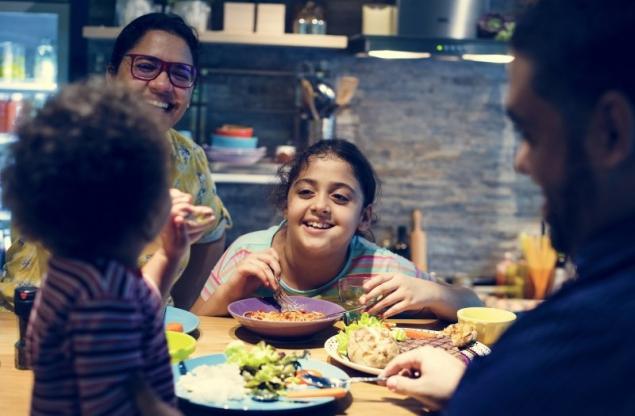
Proper education of the child An important mission of all parents, each of whom goes to this in their own way. And in such a big business, you can and should apply the experience of other people, trying to take the best to pass it on to your child.
Spanish sociability, American prudence, German independence – these and other things, of course, are worth special attention. Tell us in the comments which parenting That's what you think is most appropriate.
























